Ontario Nature Blog
Receive email alerts about breaking conservation
and environmental news.
© Lora Denis
Ontario’s native pollinators are critical to ensuring effective plant reproduction and maintaining healthy, thriving ecosystems. With habitat loss, pesticide use, and climate change affecting pollinator health, there’s a lot at risk. Ontario Nature Youth Council member Aidan Brushett shares some tips on how you can take action to protect pollinators, starting in your own community.
To date, Ontario Nature’s Youth Council has lead the creation of three ‘Bee Cities’ and two ‘Bee Schools,’ recognized by Bee City Canada for pollinator conservation. Here are some tips for making this happen where you live, based on my experience leading my school, Anderson C.V.I., and the Town of Whitby, to take part in the initiative.
Assemble the Bee Team! At my school, we created a dedicated team to oversee the pollinator action. If your school has an EcoTeam, sustainability council, or other club willing to take on the responsibilities of being a Bee School, this step is already complete!
Create some habitat! A garden, meadow, or some planters filled with bee hotels and pollinator-friendly native plants is a fantastic way to provide some healthy habitat for pollinators. Milkweed and other wildflowers will attract monarch butterflies and bumblebees – just make sure they’re pesticide free!
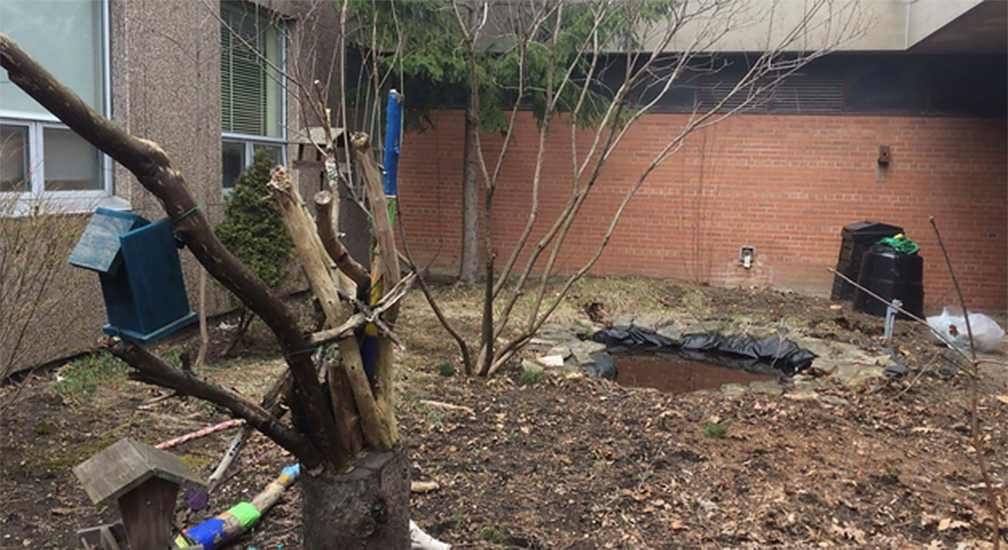
At Anderson, we revitalized a school courtyard by adding native species from local nursery Native Plants in Claremont. Grade 9 students helped with a STEM project to build beautiful ceramic bee hotels for the garden, as well as surrounding schools.
Host an event. Anderson created an awareness week for pollinators affectionately known as To Bee or Not To Bee, featuring events including a Bee-ball (basketball) tournament, and honey tasting.
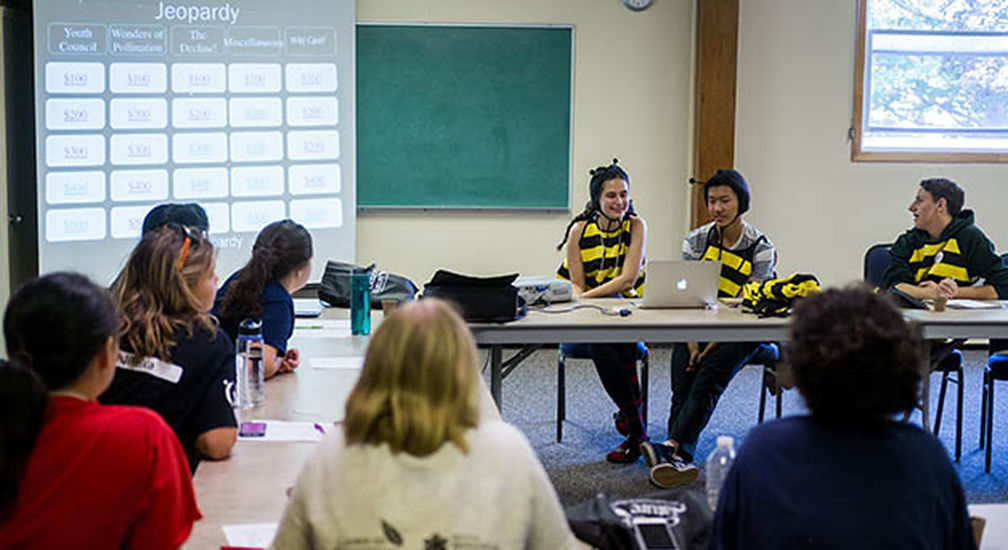
Anything that engages the school community and discusses the importance of pollinators is an excellent way to spread awareness. With an action plan in place, applications are submitted to Bee City Canada; they are very helpful in guiding you towards success!
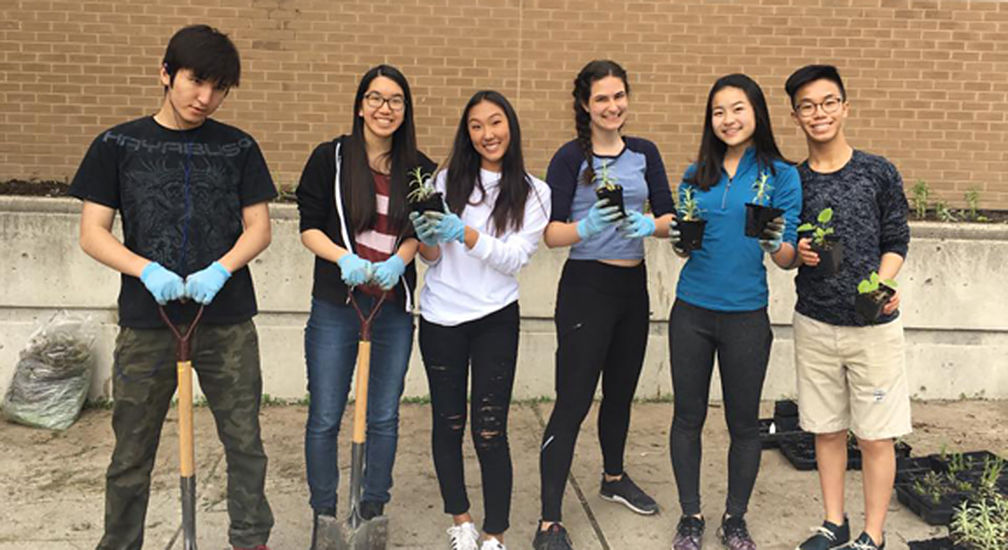
Thanks to the hard work of Council members Sylvia Chong, Raluca Gondor, Arani Kulamurugan, and Lisa Wang, Toronto’s Marc Garneau Collegiate Institute has become the latest school to join the ranks.
Becoming a Bee City demonstrates a commitment to conservation on a municipal level and an awareness of our native pollinators. It can be an incredible opportunity to engage your community in environmental action to protect the wild species and spaces that we all love.
Talk to people. I suggest contacting supermarkets, gardeners, environmental clubs, and any local member groups of Ontario Nature. Gathering letters of support from these organizations is a great way of building community partnerships before officially approaching the municipality.
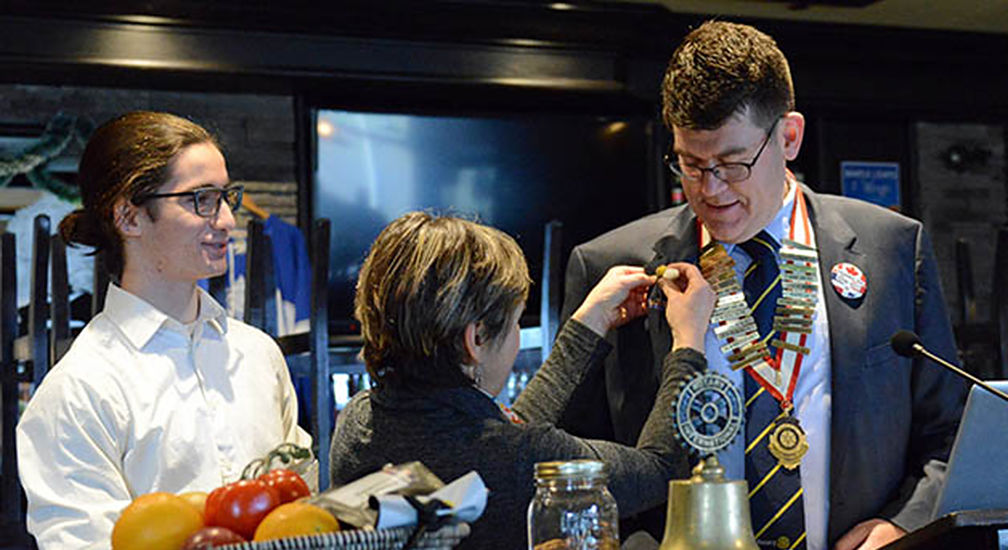
Get in touch with a Councillor. Try to arrange a meeting with one of your councillors to present the Bee City initiative and help fill out and application form. From here, you can connect with various municipal departments and the full Council to get people really buzzing about Bee City.
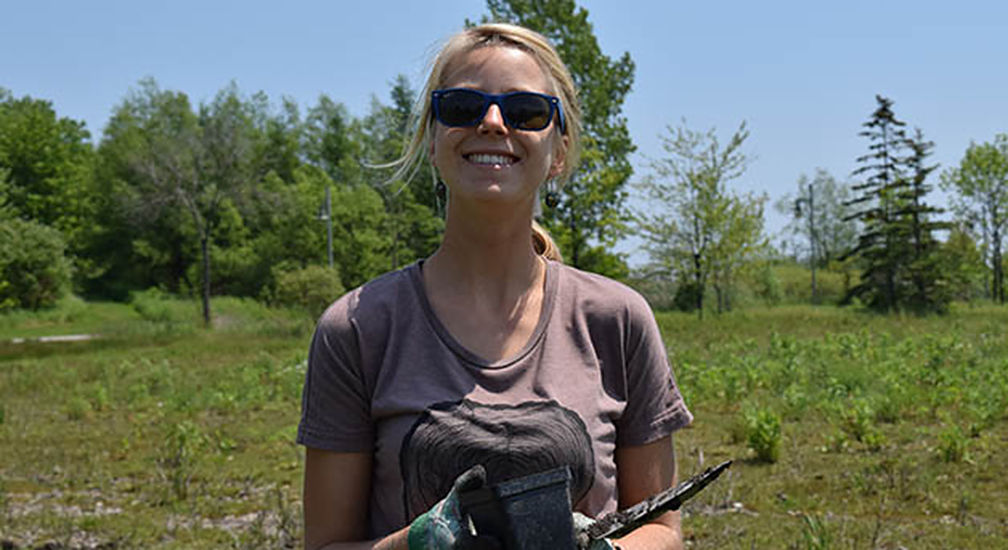
In my experience with Whitby, I met with several staff members of Parks and Recreation who were very enthusiastic about the initiative! We worked together to spread the word and draft an action plan.
Guide the city through the process. The first step of the process is to assemble a municipal ‘Bee Team.’ Most sustainability committees or similar groups are more than willing to take it on, and if not, now’s the time to make one!
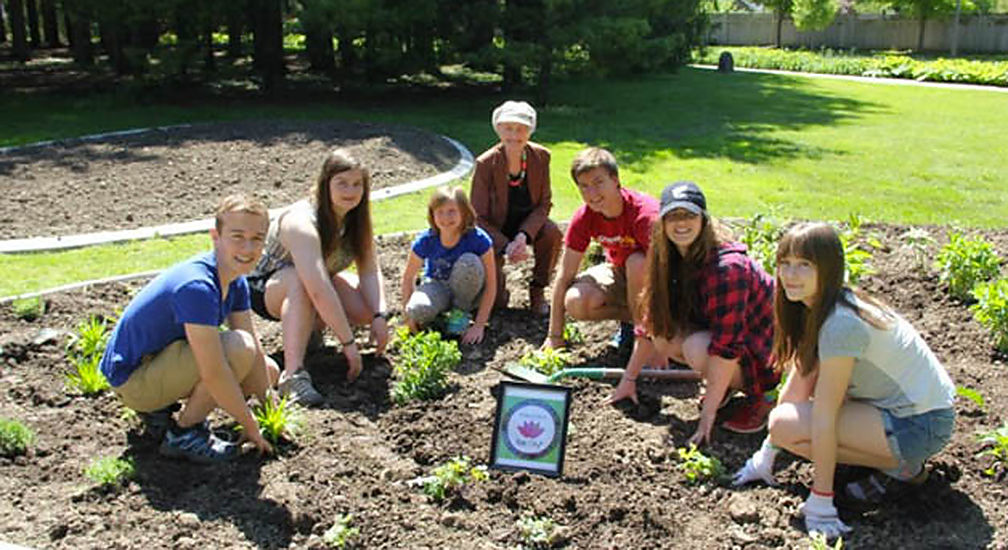
The second step is for the municipality to create a pollinator action plan – involving a habitat plan and a celebration/awareness event. Awareness events might include workshops, booths, or public gardening events to get the community involved. Once the action plan is drafted, the final step is to get it approved by municipal Council.
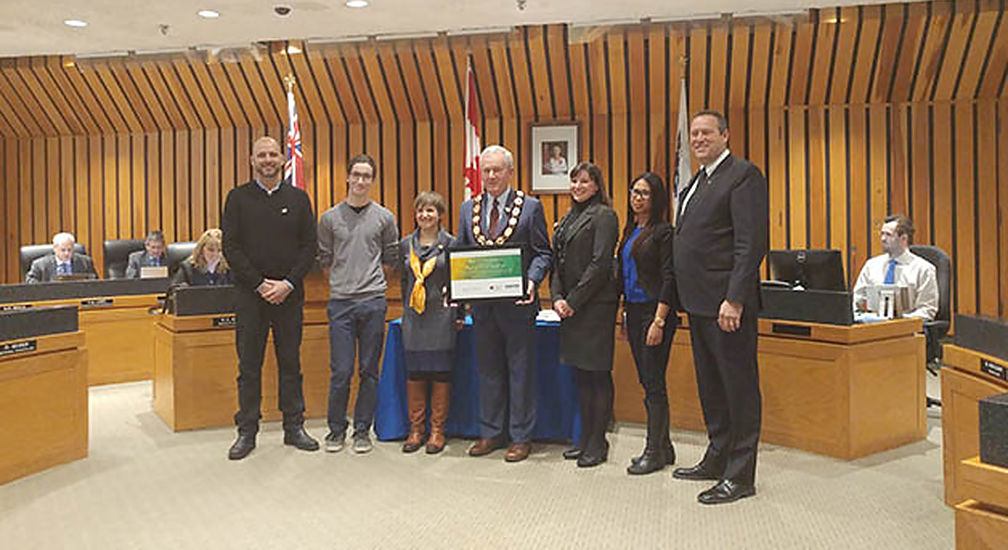
With these tips to get you started, it’s time for you to bee the change for your community! In the end, all you really need is determination and a bee costume (highly recommended).

Gananoque Lake Nature Reserve © Smera Sukumar